Arf Blog
Latest articles
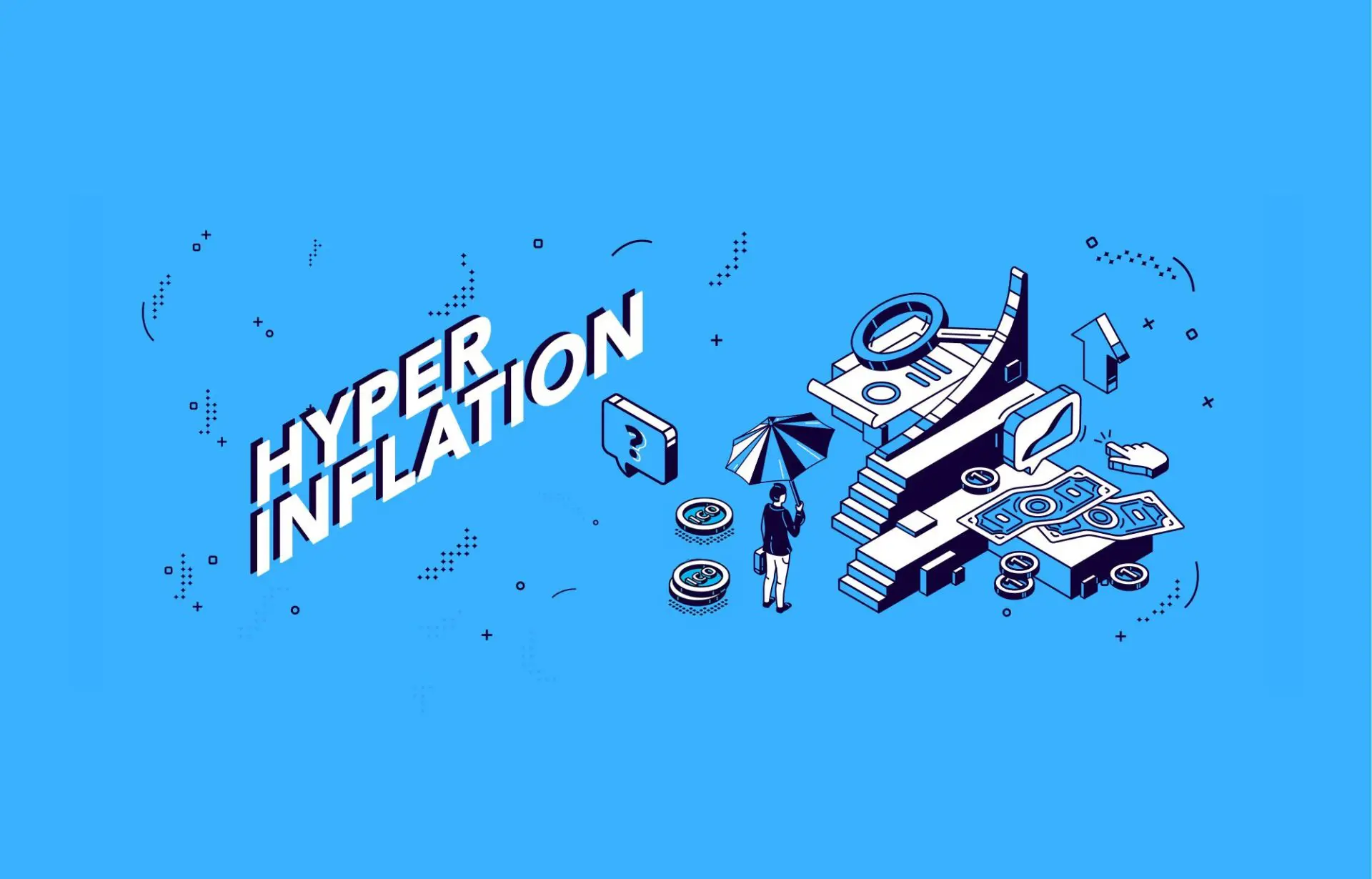
Can USD Stablecoins Cause Hyperdollarization and Fight Hyperinflation?
The vast majority of stablecoins today is USD-pegged and expected to be so in the future, as the US dollar continues to be the dominant international reserve currency.

What Is Embedded Finance and Why Is It Important?
Embedded finance is the integration of financial services, such as banking, insurance, or lending, into traditionally non-financial user experiences.

How Are USD-Pegged Stablecoins Backed?
Stablecoins can be backed by various sources, including fiat currency, other cryptocurrencies, precious metals, and algorithmic functions. However, their backing source highly impacts their risk level.

How Can a Stablecoin Infrastructure Help Neobanks and E-Wallets?
Neobanks and e-wallets are transforming financial services with the enhanced convenience, user experience, and accessibility they provide. In addition, they are firing up the competition within the industry by offering new products and services every passing day, accelerating the much needed change in the finance ecosystem.
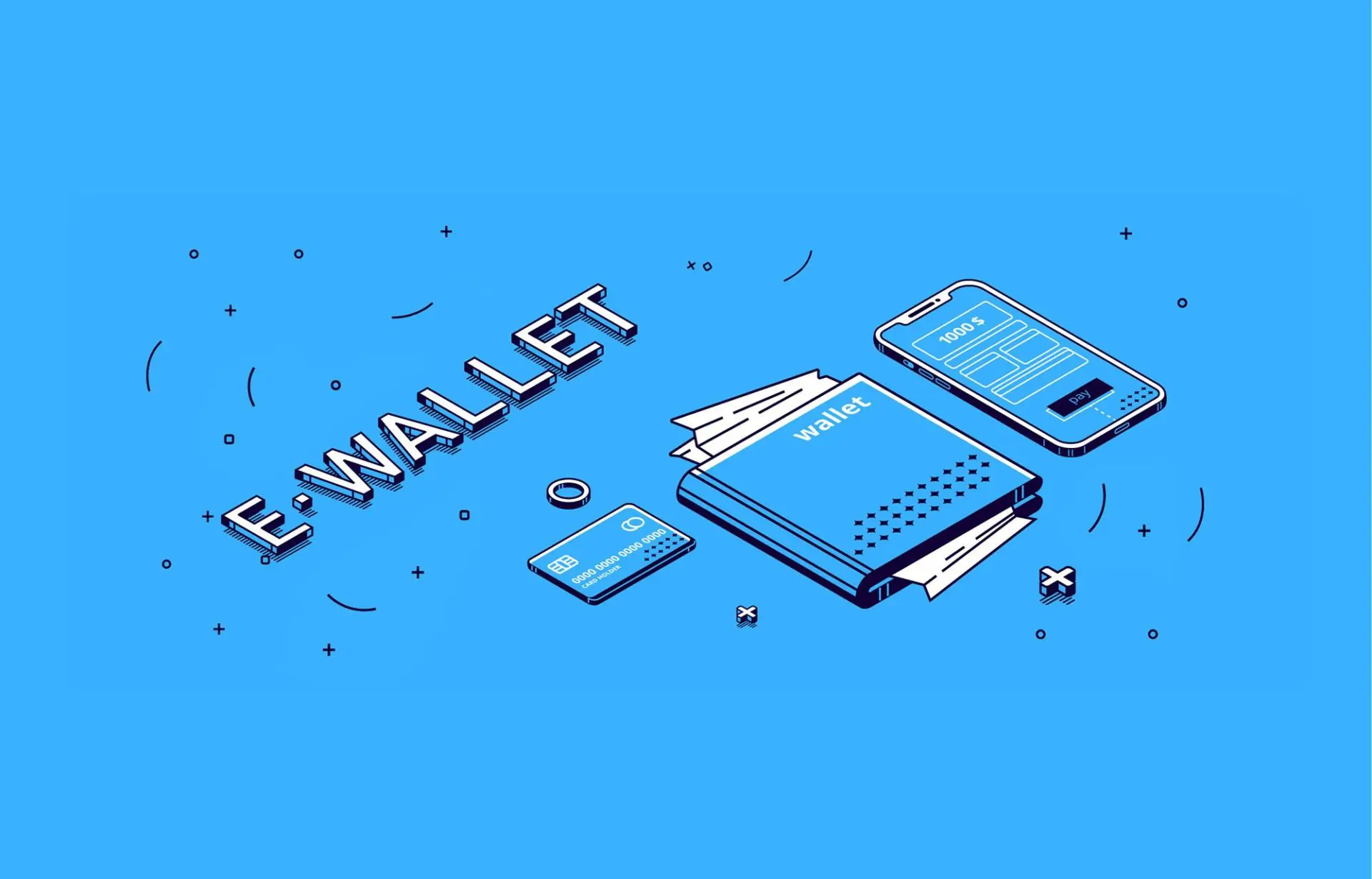
What Are E-Wallets and Why Are They Important?
An e-wallet, or a digital wallet, is an online service that enables people and businesses to make digital transactions and verify their credentials. Any type of personal data can be loaded into an e-wallet, including debit and credit cards, driver’s license, social security number, loyalty cards, as well as items such as movie tickets and boarding passes.
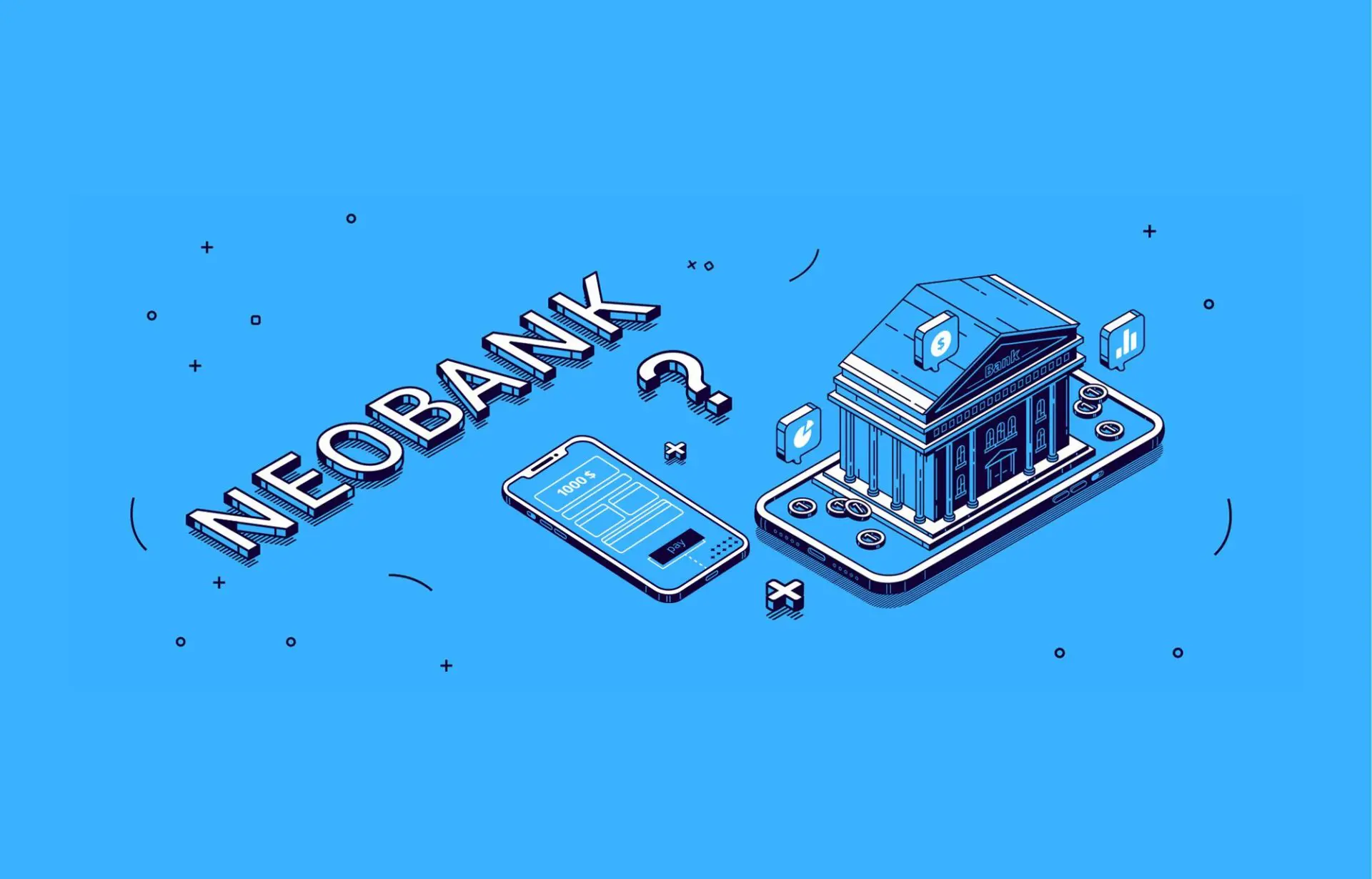
What Are Neobanks and Why Are They Important?
Neobanks, or digital-only banks, can be defined as fintech companies offering direct banking services to their customers. The term neobank was first coined around 2016[1] to describe fintech companies that challenge traditional banks.
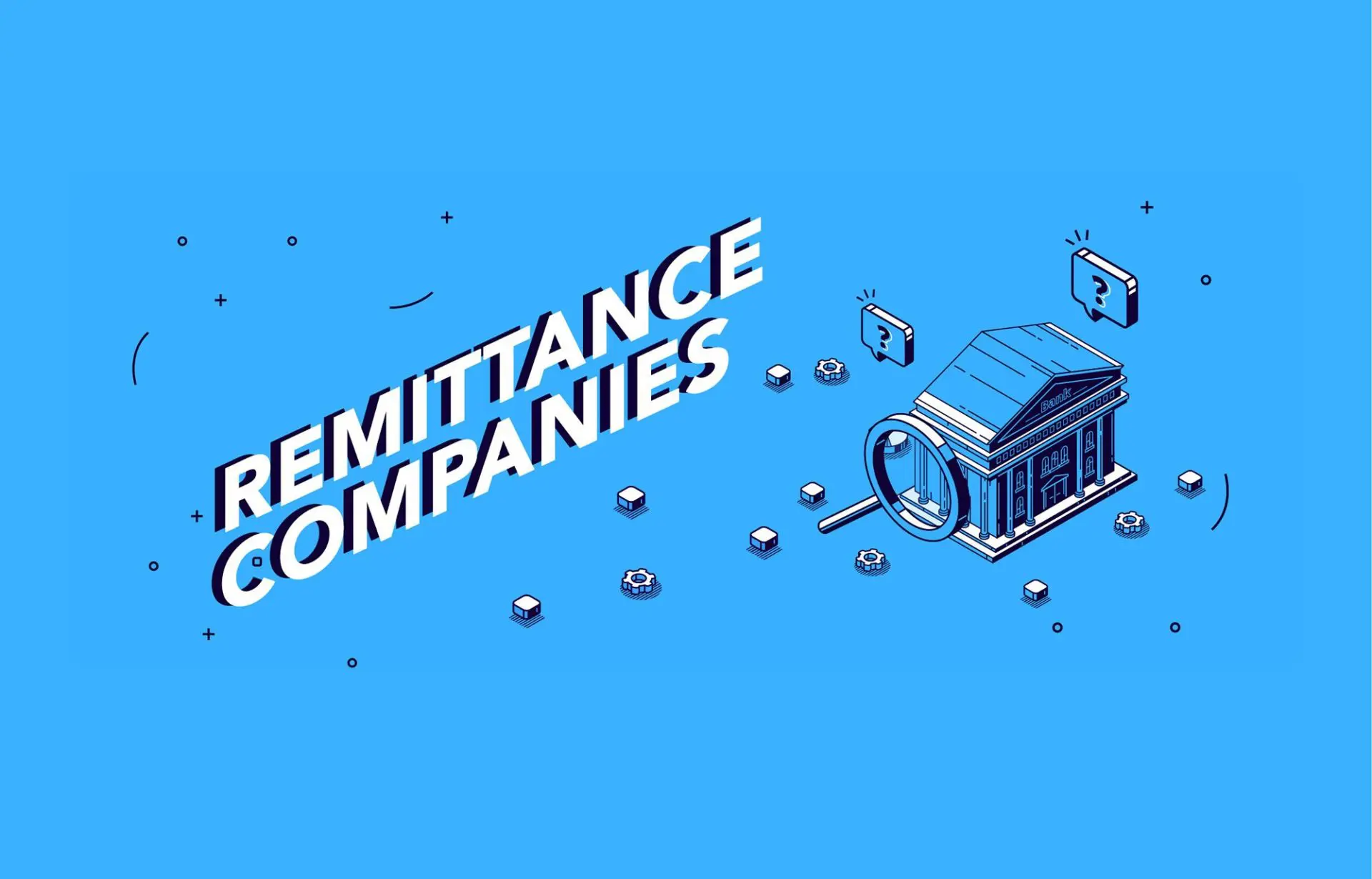
What Are the Common Problems of Remittance Companies?
Remittance flows are lifelines for migrants and their families in need. They are also one of the main sources of income for developing countries and play a crucial role in their economic survival. With the class of global citizens getting crowded and the gig economy passing $340 billion in 2021, the finance industry needs to make sure that remittances safely continue flowing […]

De-Risking: A Decades-Long Problem of The Remittance Industry
Remittance service providers (RSPs) play a crucial role in the global financial system by helping migrants in the world to send money back home. Considering that remittances are the primary source of income for many emerging markets […]
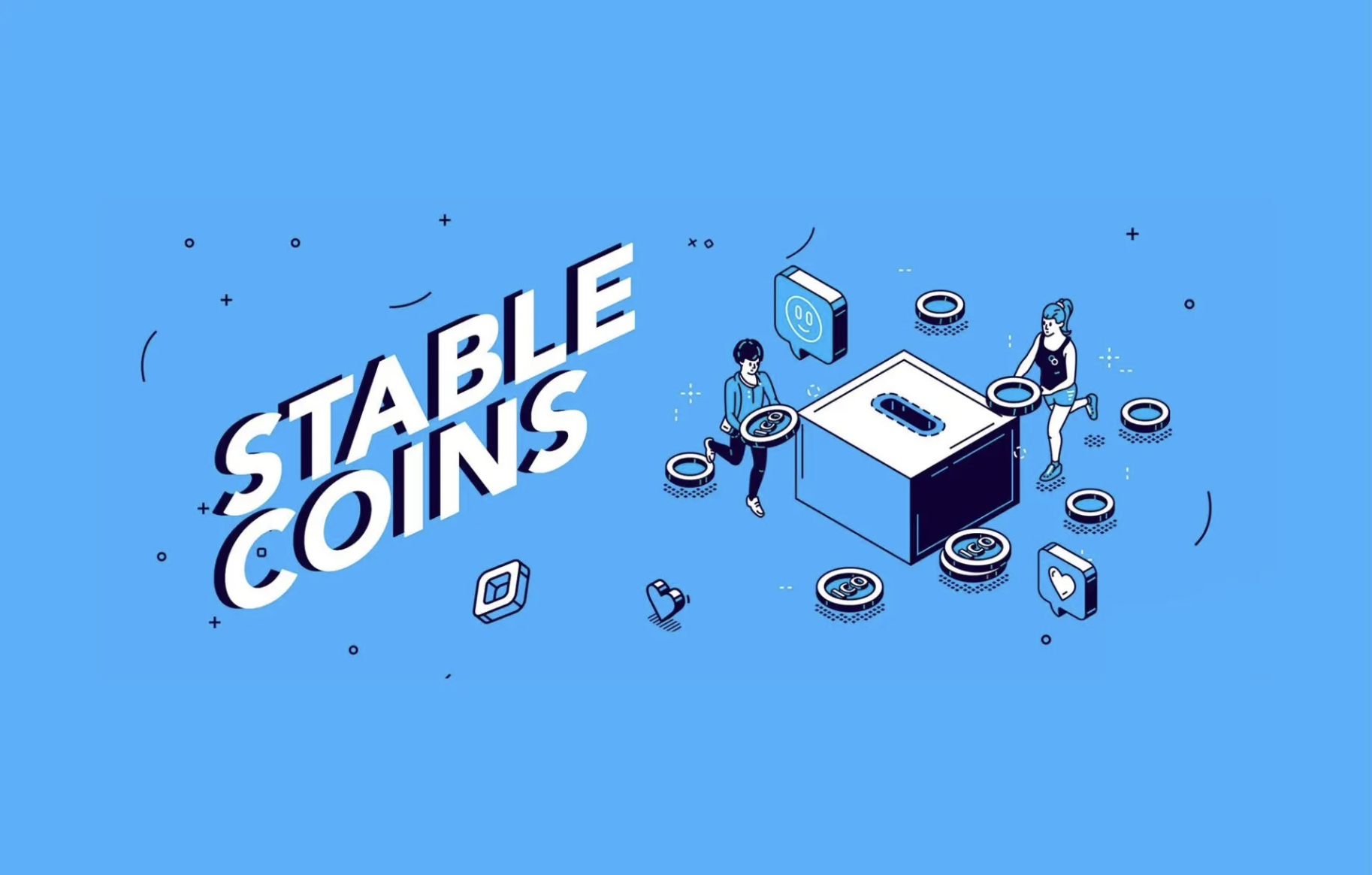
What Are Stablecoins and Why Are They Important for FIs?
Stablecoins are a type of cryptocurrency whose value is pegged to a real and stable asset like fiat currencies or gold, to stabilize its price.

What Are CBDCs and Why Are They Important for FIs?
Central bank digital currency (CBDC) is a form of digital money that is issued, backed, and controlled by a country’s central bank. CBDCs have been developed in two main forms.

What Is Prefunding and How Does It Work?
Cross-border money transfers usually flow through a correspondent banking network that consists of chains of banks, cooperatively working to transfer funds from the payer to the payee. However, this model is problematic, as it adds extra time and cost to money transfers, and demands a lot of operational effort on the banks’ side.

Why Are Correspondent Banking Models Problematic?
Correspondent banking is defined as “agreements or contractual relationships between banks to provide payment services for each other”.
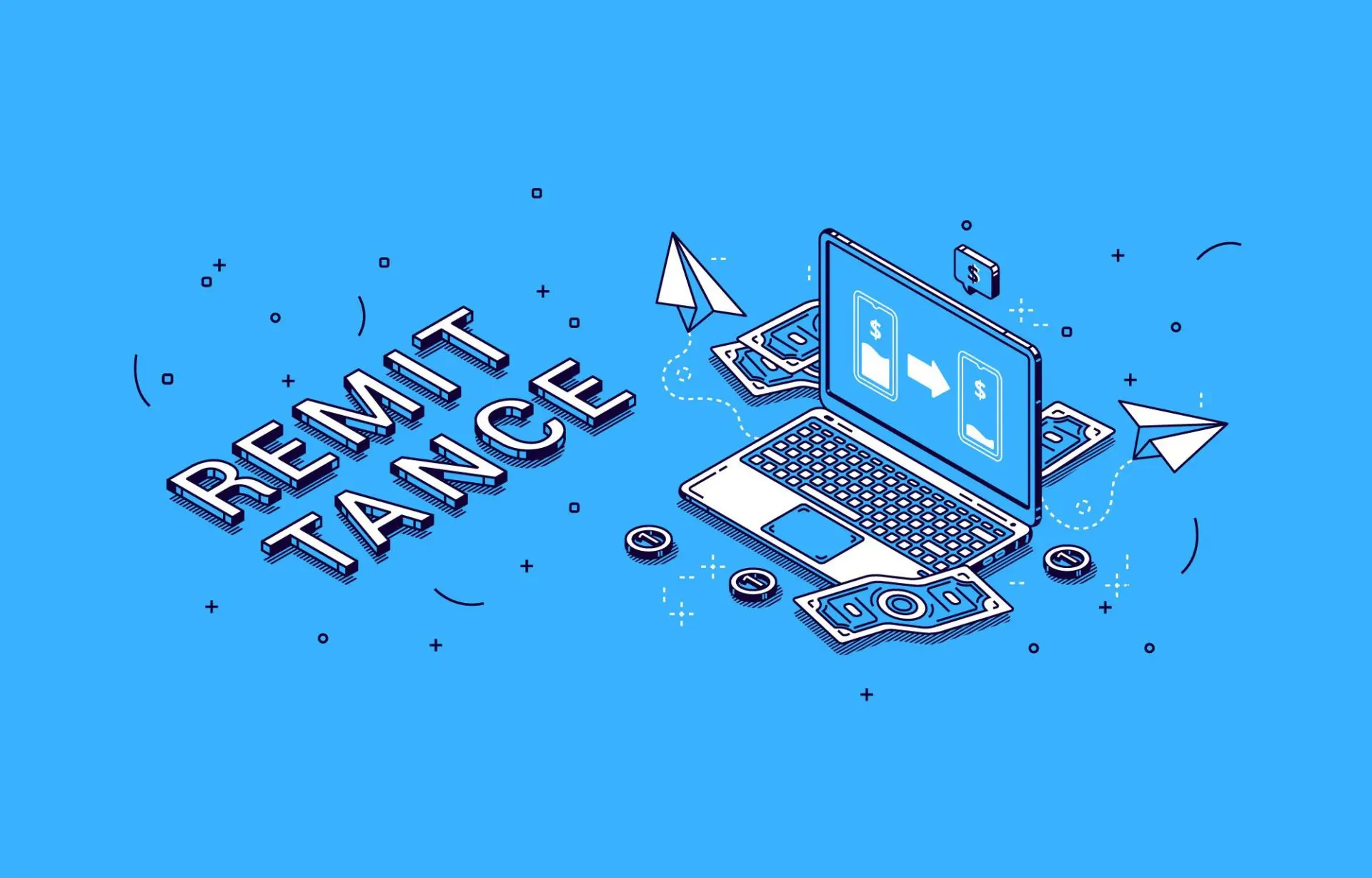
What Are Remittances and Why Are They Important?
The word ‘remittance’, originally coined by the World Bank, refers to the sum of personal money and compensation transfers of migrant workers to their home country, usually for household maintenance purposes.

